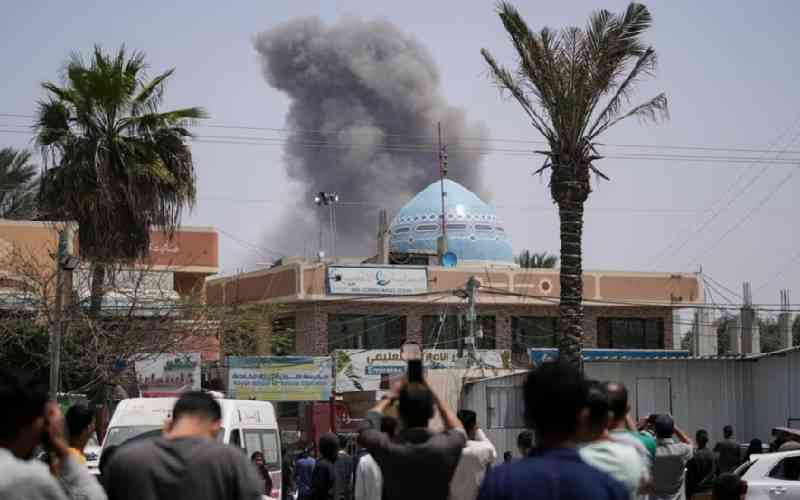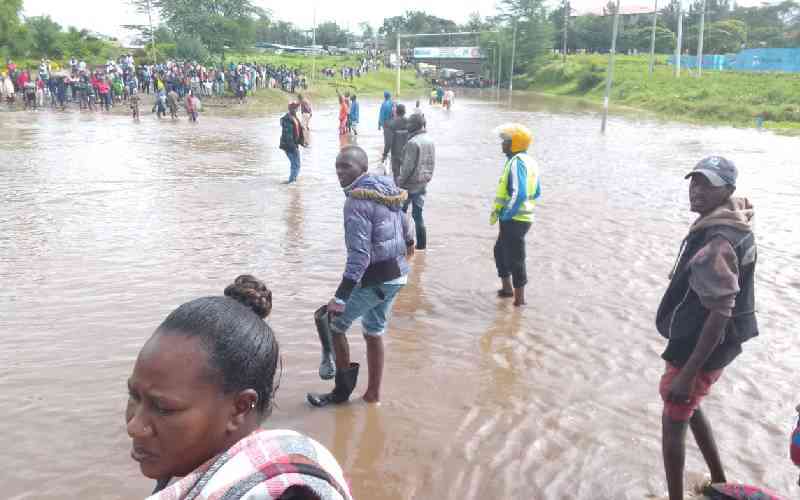
All across the United States, Syrian immigrants are on pins and needles as they await news of family members affected by the civil war.
Siblings, parents and children have lost contact due to downed phone lines and mass displacement, but the Red Cross has been delivering peace of mind to loved ones separated by the violence.
One phone call per day. Sometimes for only five minutes. For years, Sara and her sister used this routine to stay in touch from halfway around the world. Sara — a Syrian immigrant living in Chicago — rang her sister in rural Syria every morning. After each phone call, Sara could breathe a sigh of relief knowing that her sister and nephews were safe.
But one day, the phone calls stopped and for days on end, Sara could not reach her sister.
Through panicked internet research, Sara discovered that her sister’s town experienced fighting that had destroyed phone lines.
Big questions still remained: Were her family members still alive? Did her nephews — who had thus far avoided recruitment by various factions—make it out safely?
More than two million people have fled Syria since the conflict began and over 4.5 million have been displaced within their own country.
Food, water, shelter and medical care are in short supply, yet the surge in violence makes it increasingly difficult for aid workers to reach those in need.
Despite these challenges, the Syrian Arab Red Crescent and the International Committee of the Red Cross are serving displaced people within Syria — recently delivering mattresses, blankets, kitchen sets, hygiene kits and candles to 700,000 people.
Sara discovered that the Red Cross network does something else, too; reunite families.
She got in touch with Christa Kuntzelman at the American Red Cross of the Greater Chicago region. A caseworker for the Restoring Family Links programme at the Red Cross, Kuntzelman and her team opened a family tracing case.
Together, they leveraged an existing religious network to find, identify and contact Sara’s sister and nephews.
They were able to confirm that Sara’s family was alive and well—without attracting unwanted attention on her nephews, who still feared recruitment.
“I cannot describe to you the relief that Sara expressed when she was told the news! In time, the phone lines were restored, and she was once again able to talk to her sister. I have checked in with the family, and the story remains the same,” wrote Kuntzelman.
Stay informed. Subscribe to our newsletter
“Life in Syria is still incredibly hard, but what has changed is that the family now knows that they have an ally. They know that if the phones go down again, someone can help.”
 The Standard Group Plc is a
multi-media organization with investments in media platforms spanning newspaper
print operations, television, radio broadcasting, digital and online services. The
Standard Group is recognized as a leading multi-media house in Kenya with a key
influence in matters of national and international interest.
The Standard Group Plc is a
multi-media organization with investments in media platforms spanning newspaper
print operations, television, radio broadcasting, digital and online services. The
Standard Group is recognized as a leading multi-media house in Kenya with a key
influence in matters of national and international interest.
 The Standard Group Plc is a
multi-media organization with investments in media platforms spanning newspaper
print operations, television, radio broadcasting, digital and online services. The
Standard Group is recognized as a leading multi-media house in Kenya with a key
influence in matters of national and international interest.
The Standard Group Plc is a
multi-media organization with investments in media platforms spanning newspaper
print operations, television, radio broadcasting, digital and online services. The
Standard Group is recognized as a leading multi-media house in Kenya with a key
influence in matters of national and international interest.








